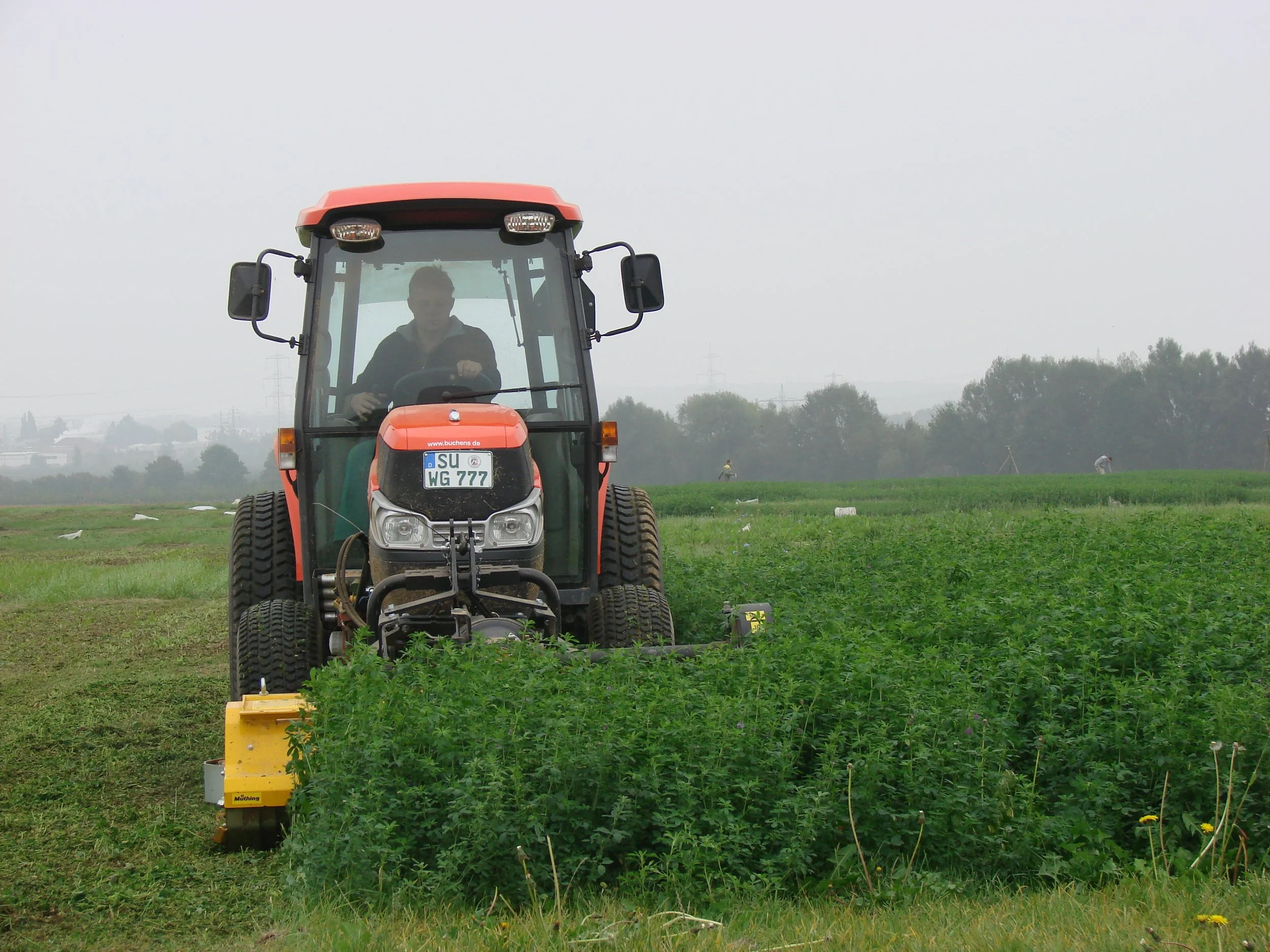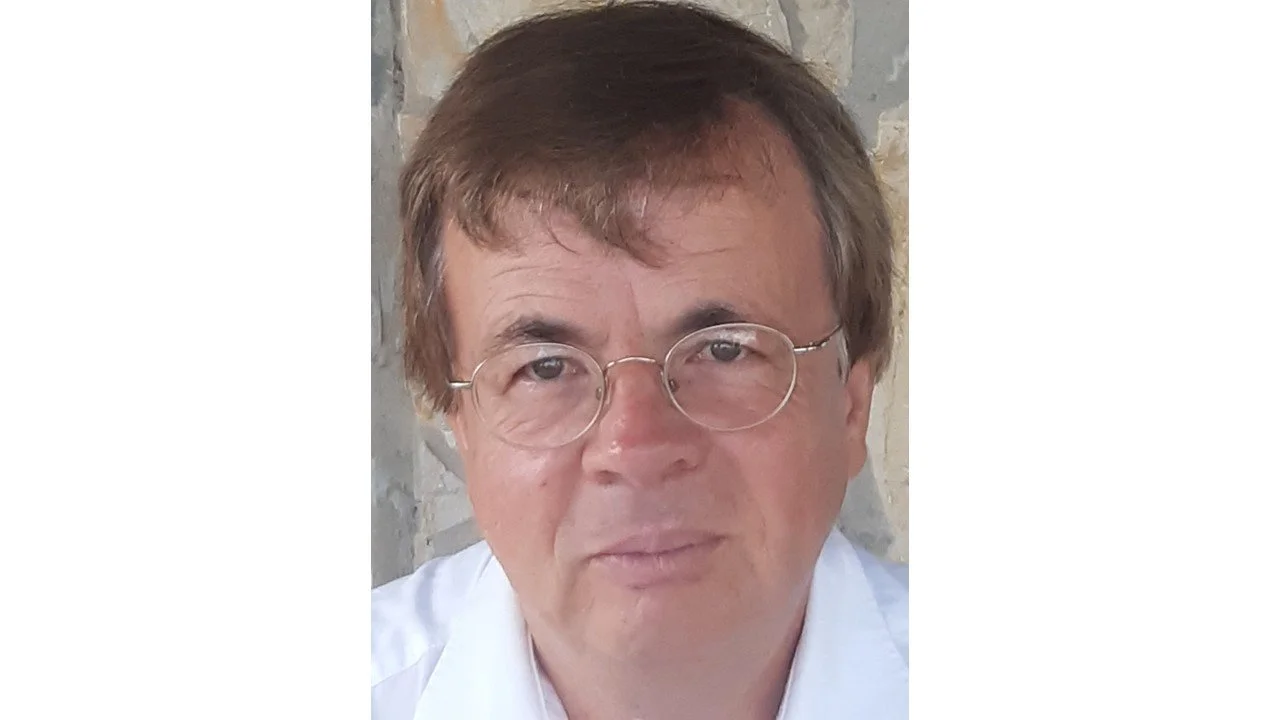HEAL
Holistic evaluation of agroecological measures
Duration: 05/2025 - 04/2028 (tbc)
Summary
HEAL research will focus on climate zone specific needs including integration of red clover in boreal grass leys, intercropping of maize with legumes and the push and pull strategy under semi-arid conditions and new management and use options of leys such as targeted cutting regimes under temperate climate. Agronomic data collection goes beyond the standard (productivity) including dynamic factors (i.e. over a time span) such as forage quality, pre-crop effects, N-fertilizer equivalence and soil physical properties. Ecological data assessment will be site specific with a focus on carbon sequestration and soil biome using metagenomic analysis. Socioeconomic evaluation will include trade-off analysis, monetarization of indirect effects and identification of constraints for the successful implementation of AEM. Research will be carried out in four climatic zones in six European countries (Finland, Estonia, Lithuania, Germany, Ireland, Portugal) using a multi-stakeholder trans- and interdisciplinary approach mainly including agroecologists, agronomists, biologists, economists and sociologists as well as farmers, advisors, nature protectionists and citizens. The holistic evaluation of the overall value of the investigated AEM is expected to result in a reassessment also of their economic value leading to a higher relative excellence mainly compared with highly competitive intensive crops such as maize. Comparative field testing and demonstration is expected to increase the farmers’ awareness of the importance of AEM and the readiness to adopt them.
Mainstream arable farming in the EU is still characterised by specialisation and a focus on a few economically attractive crops often leaving little space for agro-ecological measures (AEM). Due to climate change, higher fertilizer prices and public expectations on environmental protection, the relative excellence of specific AEM might increase in future, also with respect to profitability. The overall aim of HEAL is to activate a process of holistic valuation elicited by living labs and pilot farms to provide scientific evidence and extended empirical data on the relative performance of ley farming and intercropping taking agronomic, ecological and socio-economic factors into account. Site specific field and demonstration trials will be carried out in six European regions mainly on private farms to evaluate and demonstrate the performance of optimized ley farming and intercropping in comparison to intensive crops such as maize.
Red clover grass. Source: Daniel Neuhoff
Red clover. Source: Daniel Neuhoff
Alfalfa during drought. Source: Daniel Neuhoff
Alfalfa mowing. Source: Daniel Neuhoff
Coordinator
Source: Daniel Neuhoff
Partners
Vaclovas Boguzas - Vytautas Magnus University (VDU), LITHUANIA
Kirsi Järvenranta - Natural Resources Institute Finland (LUKE), FINLAND
Fátima Gonçalves - University of Trás-os-Montes and Alto Douro (UTAD) (UTAD), PORTUGAL
Ciaran Hearn - Teagasc Agriculture and Food Development Authority (TEAG), IRELAND
Evelin Loit-Harro - Estonian University of Life Sciences (EULS), ESTONIA
Source photos banner:
Red clover: Photo by Jeffrey Hamilton on Unsplash
Field: Photo by Eduard Constantin Zoita on Unsplash








